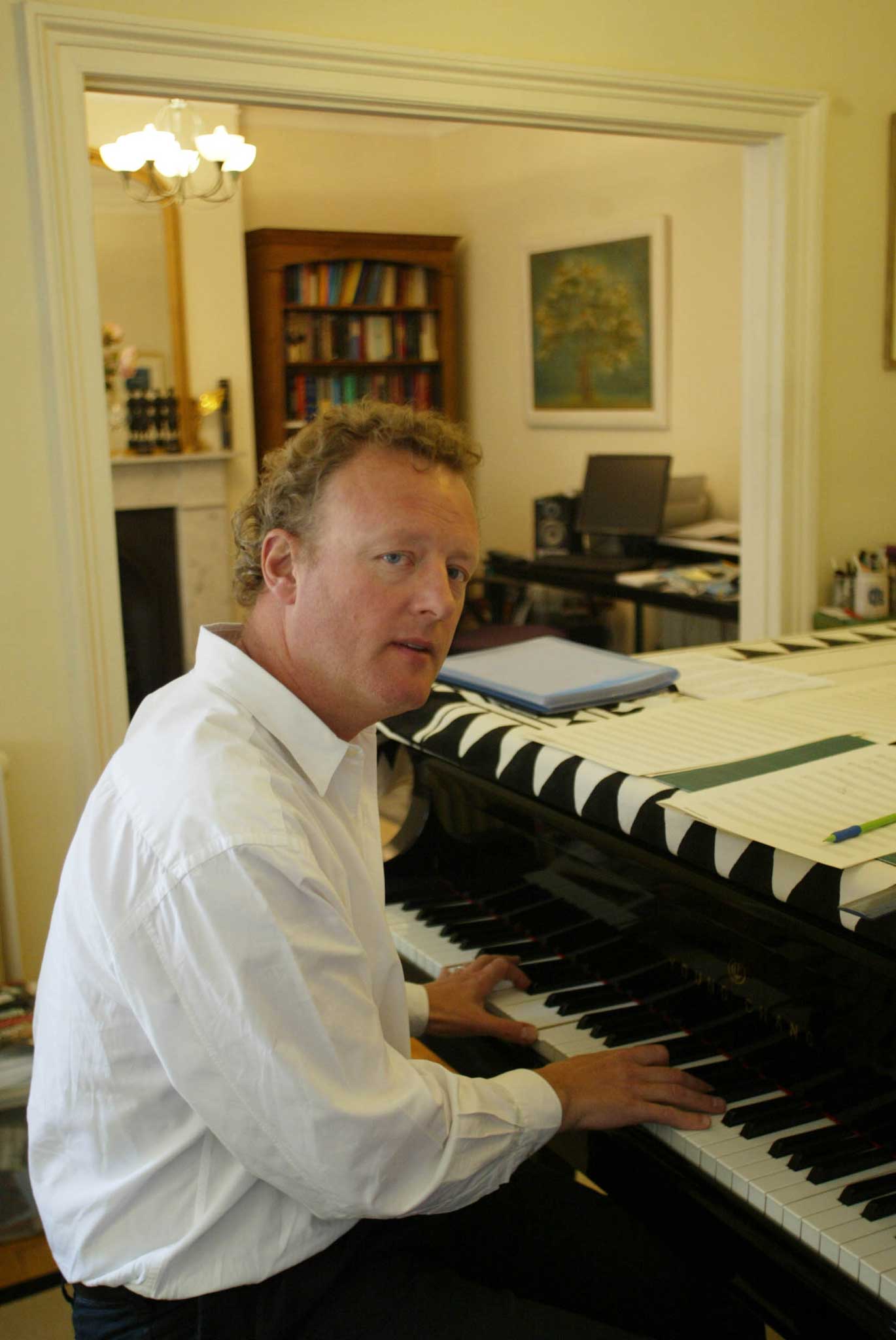The Story of Music, By Howard Goodall
A well-meaning tour through 40,000 years of human sounds simply tries to do too much

Your support helps us to tell the story
From reproductive rights to climate change to Big Tech, The Independent is on the ground when the story is developing. Whether it's investigating the financials of Elon Musk's pro-Trump PAC or producing our latest documentary, 'The A Word', which shines a light on the American women fighting for reproductive rights, we know how important it is to parse out the facts from the messaging.
At such a critical moment in US history, we need reporters on the ground. Your donation allows us to keep sending journalists to speak to both sides of the story.
The Independent is trusted by Americans across the entire political spectrum. And unlike many other quality news outlets, we choose not to lock Americans out of our reporting and analysis with paywalls. We believe quality journalism should be available to everyone, paid for by those who can afford it.
Your support makes all the difference.After 70,000 years of world history, recounted by Andrew Marr on TV and in print, comes 40,000-odd years of music history, once again over eight episodes (starting 26 January) and also in book form. There's no denying that Howard Goodall (whose own music is familiar from Blackadder, QI etc) means well.
His 2006 attempt to make us all understand How Music Works amply demonstrated that. The problem is that's an awful lot of history to cram in to eight hours. The result: a 115,000-word book too facile for the audience most likely to engage with it but which will leave the casual listener, curiosity piqued by bleeding chunks of Bach, Beethoven and Bartok on Classic FM, floundering like a Grade I student asked to sight-read a piano concerto.
The story begins in the caves in Chauvet, France, where our ancestors sang "not just as an adjunct to communal ritual, but more crucially as a bat-like form of sonar to provide location bearings in the vast labyrinth of the cade - rather like a musical SatNav". The ability to recognise sounds, the direction from which they came, their differing timbres and pitches (friend or foe?), was crucial to the survival of Paleolithic man.
Today, a child's ability to sing enables the training of brain and memory, helping the development of spacial awareness. Nothing wrong with either point… except that promotional clips for the series reveal the inevitable inclusion of dramatic reconstruction. How much better when Jacob Bronowski and Kenneth Clark declaimed their own scripts to camera in the golden era of public broadcasting.
Telling the story of music requires only the music itself, suitable visuals and an engaging musician-storyteller able to explain complex ideas about pitch, structure, form and so on without patronising anyone. In print, Goodall is chatty and direct, seeking analogies (sometimes stretched, as in 15th-century plainsong and Mariah Carey) from today's music to get ideas across. But the information comes thick and fast – and in a vacuum. If the book is to make sense of itself, readers need to hear a major and minor third, the circle of fifths, the "Tristan" chord – words alone are meaningless. In short, The Story of Music cries out to be an ebook in the style of The Orchestra for iPad. Spotify lists are all well and good – but a book aimed at the musical novice requires aural examples on tap, as in a lecture.
Goodall whisks us through the development of music's building blocks (pitch and equal temperament: tricky, in words only) and gives a lightning tour of work by composers from Hildegard of Bingen in the 11th century to today, along with the influence of patrons such as Louis XIV and Prince Esterhazy. By the breathless final chapter, many (including the Beatles) get little more than a name check.
Musical discourse gets so little airtime, with books ever-thinner on the ground, and this seems a wasted opportunity. Sadly, I think we would find that Yehudi Menuhin's The Music of Man, his 30-year-old series and accompanying book, did it rather better.
Join our commenting forum
Join thought-provoking conversations, follow other Independent readers and see their replies
Comments